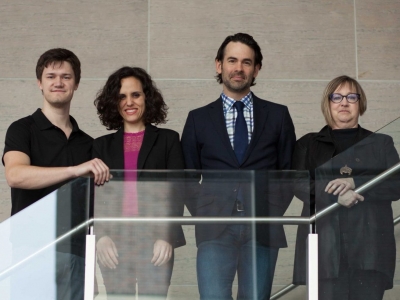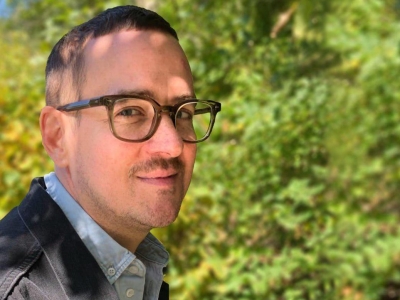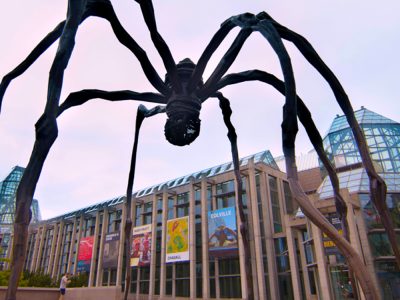By Karen Kelly
One of the most familiar images of the War on Terror is that of Guantanamo Bay detainees in orange jumpsuits, their faces covered. As a PhD student in Legal Studies, Safiyah Rochelle delved into how states use such imagery to rationalize their practices of war.
“As a Muslim woman, trying to understand [this imagery] in the post-9/11 world has been very relevant for me,” explains Rochelle, who examined images and video footage of the camp released by the military and government. “These were produced for a reason—to criminalize certain kinds of people and legitimize certain forms of state violence.”
Rochelle began her research on the relationship between legal institutions and Muslim citizens while pursuing her Master of Arts in Legal Studies at Carleton. That led her to a PhD focused on a specific subset—Muslim men detained in Guantanamo Bay and images around that.
“I was surprised at how far-reaching such research can be and how many different facets there are to what, on the face of it, is a simple argument,” she says. “It got to the point where Guantanamo Bay became emblematic of so much more than an extra-legal aberration—it came to symbolize and encapsulate a whole way of thinking, of being, for neoliberal states and legal institutions and how they sustain violence against certain kinds of subjects.”
While Rochelle’s research question broadened over the past few years, she identified many new questions that remain to be answered. She is hoping to publish her dissertation as a book, as well as continue researching and writing on the topic.
Safiyah Rochelle was awarded a Senate Medal for Outstanding Academic Achievement.
Tuesday, June 16, 2020 in Convocation, FPA Voices, Students
Share: Twitter, Facebook



